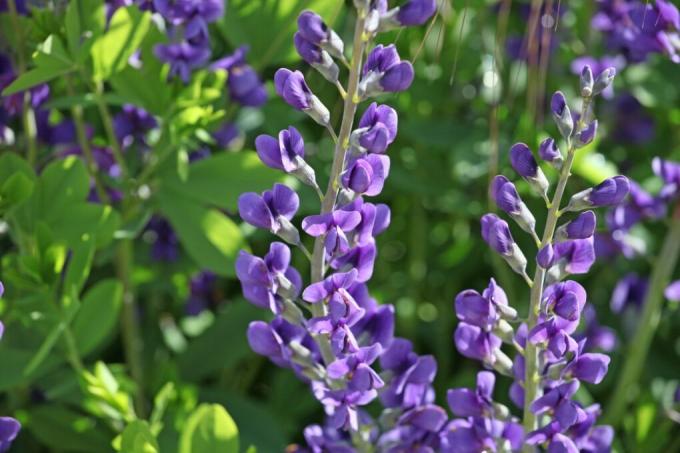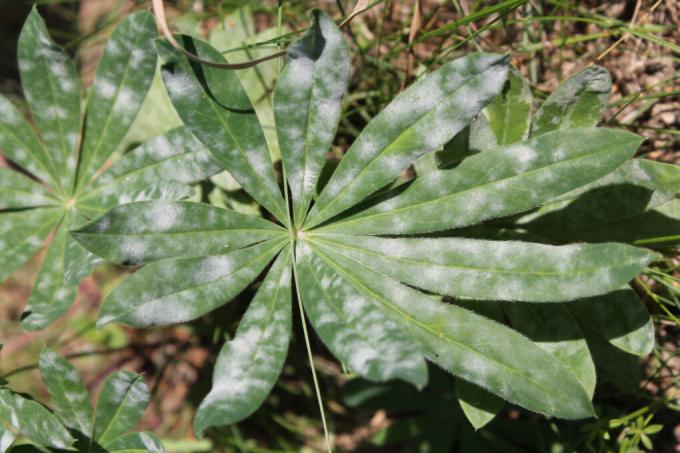AT A GLANCE
Can I process lupins myself?
Lupins should not be processed yourself, as wild and private garden plants contain toxic alkaloids. Only specially bred sweet lupins are suitable for the food industry and are non-toxic. Instead, you can buy processed lupine products like lupine flour or lupine drink.
How are lupins processed?
The seeds of lupins become to different foods processed. In the trade you come across the following products, among others, or with lupine seeds:
- lupine flour
- Protein powder from lupins
- Lupine pasta
- Spreads with lupins
- milk substitute (eg. B. lupine drink, lupine yoghurt)
- Meat substitute (eg. B. lupine sausage)
- Coffee substitute (lupine coffee as an alternative to grain coffee)
also read
Why is it useful to process lupins?
The processing of lupins is for various reasons sensible:
- good vegetable protein source (ideal for vegetarians and vegans)
- gluten free
- low purine content (good alternative to other legumes and meat for all those people who suffer from rheumatic diseases or want to prevent them)
Which lupins are processed?
Be processed only Sweet lupins specially bred for the food industry. Their seeds are more or less free of bitter substances and therefore non-toxic as well edible.
Can I process lupins myself?
You can lupins don't process it yourself. Because the wild plants and those for the private garden are poisonous and therefore unsuitable as food. They contain by nature large amounts of alkaloids. These are poisonous bitter substances.
Important: Refrain from using the seeds of your lupine experimenting with food. The alkaloids can severely affect your nerves and digestion, cause circulatory problems and even lead to respiratory paralysis and death.
Tip
Food made from lupins can also be intolerable
Lupine products made from sweet lupins are rich in protein and also contain valuable vitamins, minerals and trace elements. For many groups of people, they act as a very good source of protein. But be careful: lupine seeds also have allergic potential. Peanut allergy sufferers in particular often react to lupins as well.










